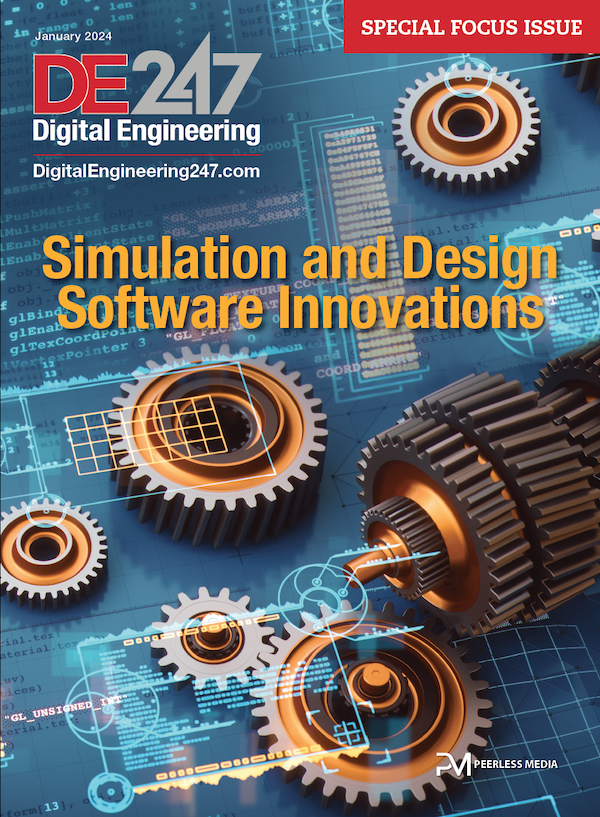
FalconCloud lets users simulate complex real-world scenarios directly from their browser. Image courtesy of Business Wire.
Latest News
June 17, 2024
Duality AI, the company behind Falcon, a digital twin integration platform, reports the expansion of its product suite to include FalconCloud, the Google Docs of digital twin simulators, and FalconEditor, which was made possible by Duality’s work to repurpose Epic Games’ Unreal Editor for digital twin workflows.
The newest additions to the Falcon product suite are meant to lower the barriers to adoption, and unlock collaborative workflows. With FalconEditor, customers can now use standard 3D techniques to create and modify simulation-ready digital twins and scenarios, while FalconCloud enables teams to access all features of FalconSim directly from their web browser. FalconCloud also helps teams collaborate across time zones and removes IT burdens that often limit simulation capabilities.
“The idea that simulation should only be used by siloed simulation experts is quickly becoming outmoded,” says Apurva Shah, co-founder and CEO of Duality. “With smart systems permeating all levels of modern work, we're already seeing digital twin simulation becoming necessary across the entire product life cycle.”
With FalconCloud, Duality’s digital twin simulator, FalconSim, is now fully accessible from a web browser, enabling customers to run high-fidelity simulations at scale, without any special hardware or software installations. This allows all involved parties to review scenarios and results from anywhere in the world and empowers engineering teams to coordinate and collaborate with efficiency via access to assets, scenarios, and simulation sessions.
FalconCloud is fulfilling the business need of democratizing digital twin simulation to make it accessible to collaborators throughout the smart product lifecycle, from developers to marketing to end customers.
Recent developments in Embodied AI have highlighted the need for robust simulation tools for safe and efficient testing and training of these revolutionary robotic systems. “Falcon has been purpose-built for testing and training smart systems,” continued Shah. “Integrating generative AI models was the logical next step to enabling the next generation of robotic systems. And with FalconCloud, exploring Embodied AI is now accessible to everyone as a free web-based application.” As more advanced AI models become available, Duality will continue to integrate them with Falcon and make them readily available to customers.
In addition to these new features, FalconSim received a number of updates to improve virtual sensors, including enhanced sensor rendering capabilities, collecting more granular sensor data, and increasing multi-sensor system rendering speeds. Support for the creation of new sensor types not already offered in Falcon’s library has also been added.
Through an extended agreement with Epic Games, even more Unreal Engine 5 functionality is now accessible for digital twin simulation applications. FalconEditor leverages Unreal Editor, a level editor for gaming and content creation, and adds features specifically designed for digital twin and scenario authoring to improve workflow efficiency.
The new product uses a 3D interactive tool to enable the intuitive creation and editing of diverse simulation scenarios, as well as digital twins of environments, items and machines. In an integrated development environment (IDE) users can immediately ensure all functions perform as expected in simulation, allowing for rapid iterations on system and sensor characteristics within the embedded context in which these smart systems are expected to operate.
To learn more about the full suite of Falcon products for digital twin simulation visit duality.ai, or sign up for free trial access to FalconCloud at falcon.duality.ai and experience how AI is supercharging the future of autonomous systems.
Sources: Press materials received from the company and additional information gleaned from the company’s website.
Subscribe to our FREE magazine, FREE email newsletters or both!
Latest News
About the Author
DE’s editors contribute news and new product announcements to Digital Engineering.
Press releases may be sent to them via DE-Editors@digitaleng.news.






